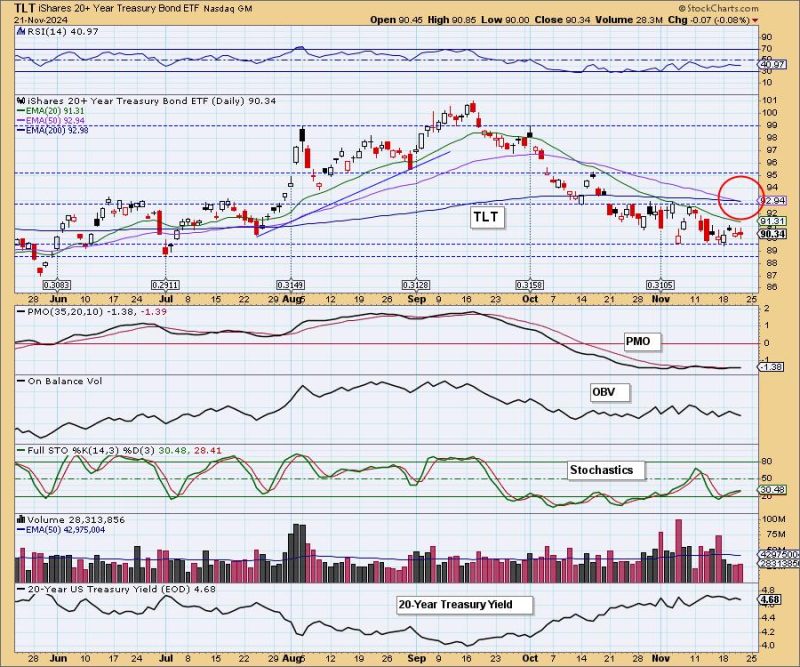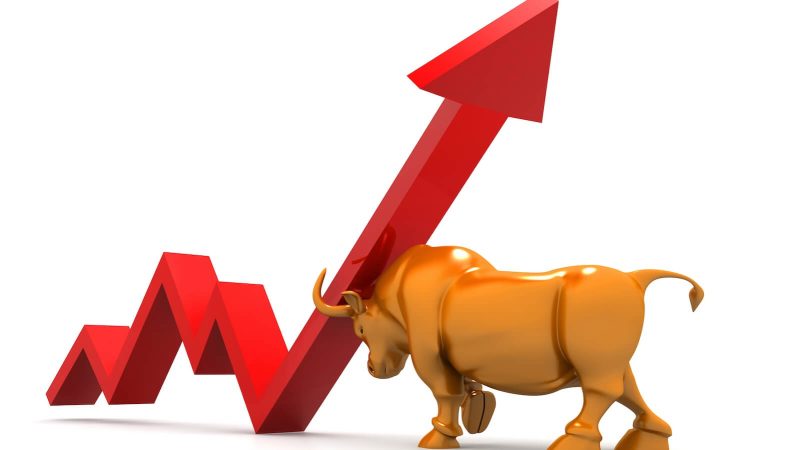EU sees slight uptick in new car registrations in October

BRUSSELS – New car registrations in the European Union saw a marginal increase of 1.1% in October 2024, with Spain and Germany experiencing growth while France and Italy faced declines. The European Automobile Manufacturers Association ( ACEA (BIT:ACE)) reported these figures, indicating a mixed performance across major markets.
Spain led the recovery with a 7.2% increase in new car registrations, and Germany followed with a 6% rise after three consecutive months of falling numbers. Contrasting these gains, France saw an 11.1% decrease, and Italy’s registrations dropped by 9.1%.
Despite the modest overall growth in October, the year-to-date figures for new car registrations across the EU remained relatively stable with a 0.7% increase, totaling 8.9 million units. Spain (+4.9%) and Italy (+0.9%) reported positive performance over the ten months, whereas France and Germany experienced declines of 2.7% and 0.4%, respectively.
Focusing on the electric vehicle market, battery-electric cars maintained a steady market share of 14.4% in October, but saw a 4.9% decrease in year-to-date volumes, with market share falling to 13.2% from 14% the previous year. Germany’s significant 26.6% drop in battery-electric car registrations was a major factor in this decline.
Plug-in hybrid registrations also decreased by 7.2% in October, with market share dipping to 7.7%, a 0.7 percentage point decrease from the prior year. France (-26.9%) and Italy (-24.9%) recorded considerable declines in this category.
On a positive note, registrations of hybrid-electric vehicles surged by 17.5% in October, with their market share climbing to 33.3%, surpassing petrol car registrations for the second consecutive month.
Petrol car sales, on the other hand, fell by 6.8% overall in October, with France experiencing the largest drop of 32.7%. Diesel car registrations also declined, resulting in a market share of 10.9%.
The ACEA’s report provides a snapshot of the current state of the European car market, reflecting a complex landscape of growth and decline across different segments and countries.
This article was generated with the support of AI and reviewed by an editor. For more information see our T&C.







